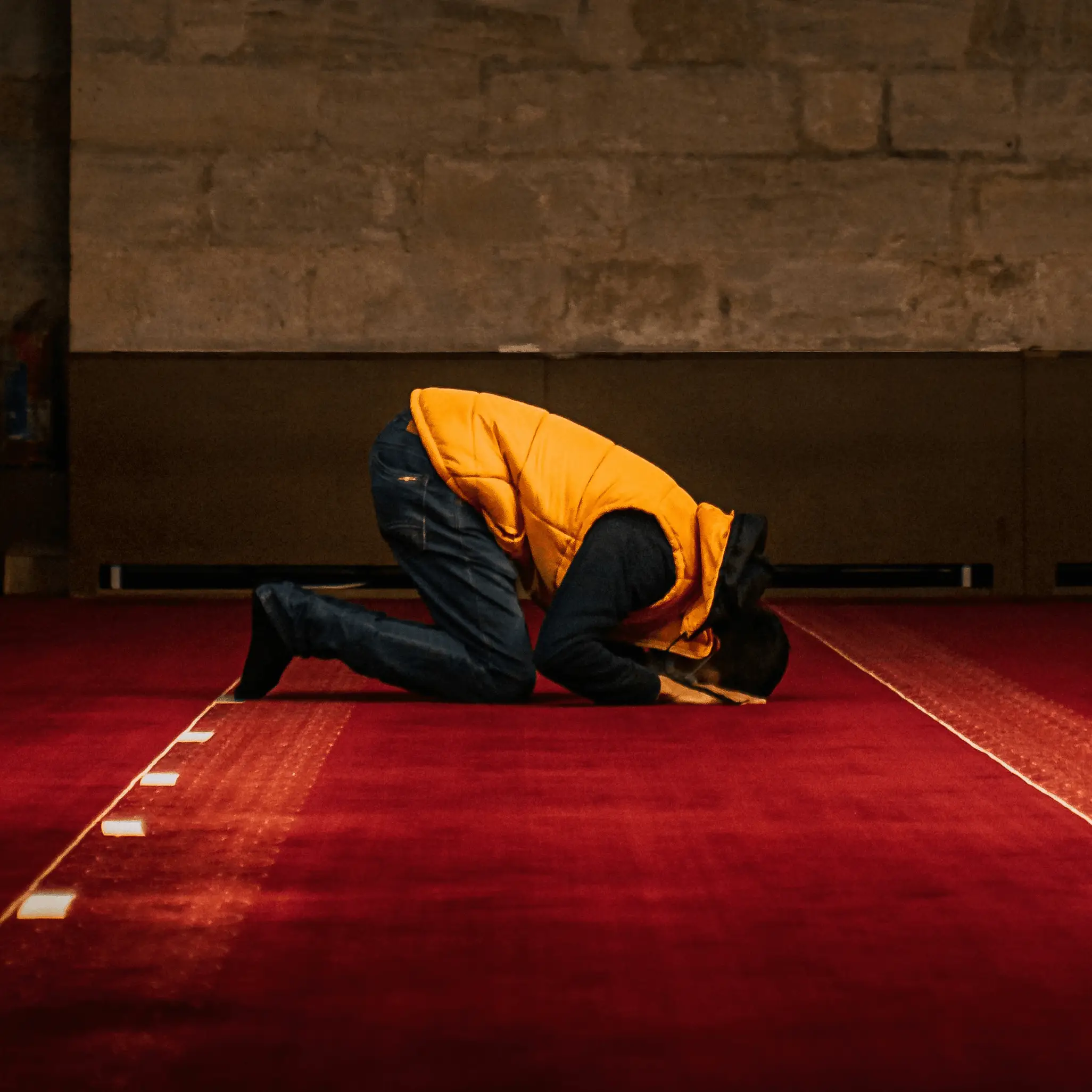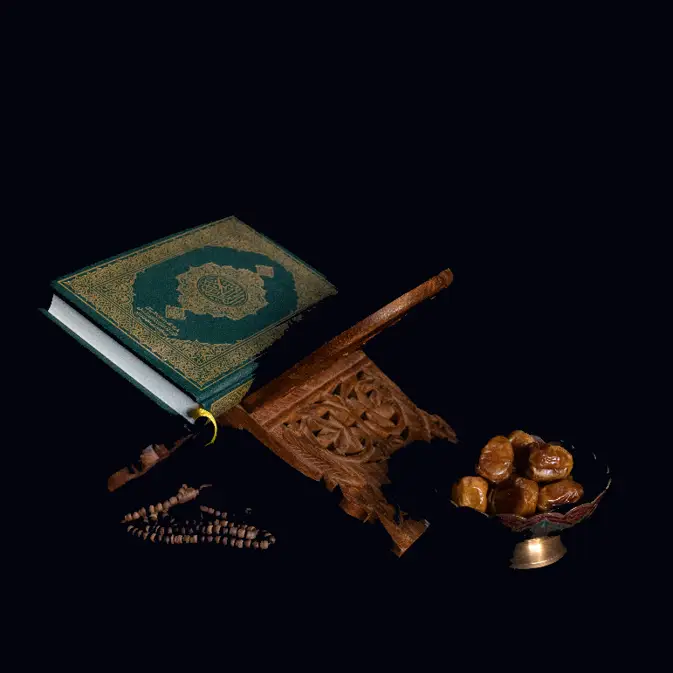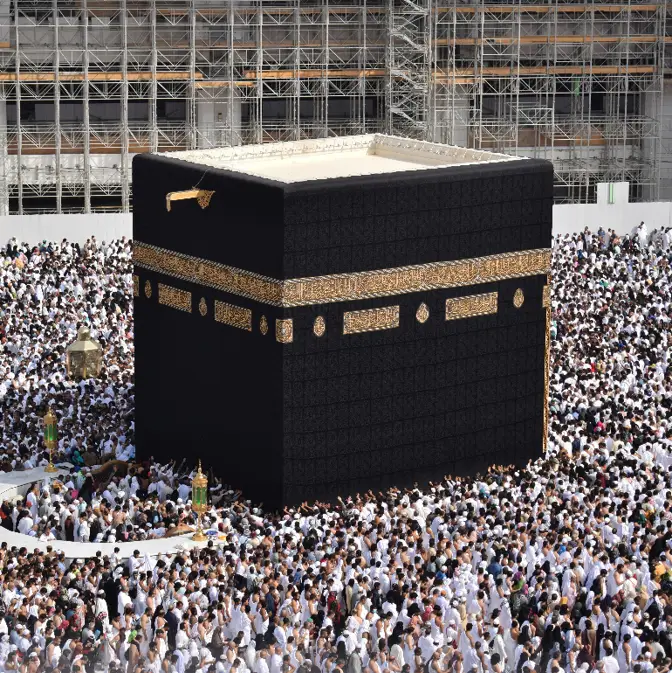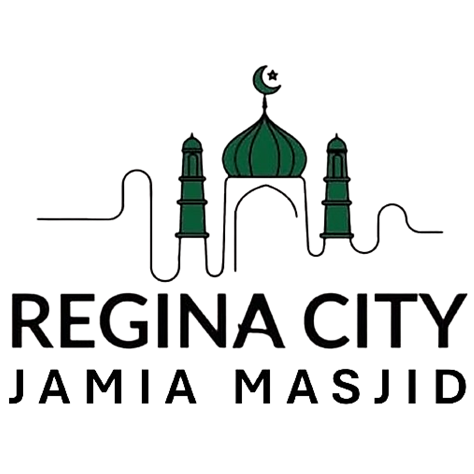- Phone: 306-400-1314
- 1910 McIntyre Street, Regina
Information
Regina City Jamia Masjid is making a significant stride by purchasing this 1910 McIntyre Street building in the heart of downtown Regina to covert a much-needed masjid and Islamic school. This move acknowledges the growing Muslim community in Regina and next generation. In'Sha'Allah, the new facility will satisfy the growing needs of the Regina Muslim Community. Allah has chosen to build you a House in Jannah - Will you accept? Donate
Contact Info
-
Phone: 306-400-1314
Mon - Sat 8:00 - 18:00 - info@citymasjid.ca
- 1910 McIntyre Street, Regina
- Phone: 306-400-1314
- 1910 McIntyre Street, Regina
Regina City Jamia Masjid extends a warm welcome to new Muslims and individuals interested in learning about Islam. Our tailored services include educational classes, mentorship programs, and one-on-one guidance sessions to support your journey of discovery and growth in the faith. Whether you’re exploring Islam for the first time or seeking to deepen your understanding, our knowledgeable mentors and supportive community provide a welcoming environment for learning and engagement. Join us at Regina City Jamia Masjid to embark on an enriching path of spiritual exploration and discovery, guided by the principles of Islam and the support of our vibrant community.
Five Pillars of Islam

Shahadah
(Faith)

The Shahadah, or declaration of faith, is the cornerstone of Islam, affirming the belief in the oneness of Allah and the prophethood of Muhammad (peace be upon him). It serves as the foundation upon which a Muslim's entire faith is built. This simple yet profound statement, "There is no god but Allah, and Muhammad is the Messenger of Allah," encapsulates the core principles of Islamic monotheism and submission to the divine will. By reciting the Shahadah sincerely, one enters into the fold of Islam, committing to worship Allah alone and follow the teachings of His final messenger. It is both a personal affirmation of faith and a declaration of allegiance to the Muslim community worldwide.

Salah
(Prayer)

Salah, or ritual prayer, is the second pillar of Islam and serves as the primary means of communication between a believer and their Creator. It is a daily practice prescribed at five specific times, allowing Muslims to pause from worldly affairs and reconnect with Allah through acts of worship and submission. Salah involves physical movements, recitations from the Quran, and supplications, fostering mindfulness, humility, and spiritual discipline. Through regular prayer, Muslims seek guidance, forgiveness, and blessings, striving to maintain a constant awareness of Allah's presence in their lives. Salah serves as a source of spiritual nourishment, grounding believers in their faith and reminding them of their ultimate purpose in life: to worship Allah alone.

Sawm
(Fasting)

Sawm, or fasting during the month of Ramadan, is the third pillar of Islam, observed by Muslims worldwide as a means of spiritual purification and self-discipline. From dawn until sunset throughout the lunar month of Ramadan, Muslims abstain from food, drink, and other physical needs, focusing instead on spiritual reflection, prayer, and acts of charity. Fasting in Ramadan teaches self-control, empathy for the less fortunate, and gratitude for Allah's blessings. It is a time of heightened devotion and increased acts of worship, as Muslims strive to draw closer to Allah and seek His forgiveness and mercy. Ramadan culminates in the joyous celebration of Eid al-Fitr, marking the end of the fasting period and the beginning of a festive day of thanksgiving and community fellowship.

Zakat
(Almsgiving)

Zakat, or obligatory almsgiving, is the fourth pillar of Islam and a fundamental duty incumbent upon all able-bodied Muslims who possess wealth beyond their basic needs. It serves as a means of redistributing wealth and ensuring social justice within the Muslim community. Zakat is calculated as a fixed percentage of one's accumulated wealth and is distributed to specified categories of recipients, including the poor, needy, indebted, travelers, and those working in its collection and administration. By fulfilling the obligation of Zakat, Muslims purify their wealth, cultivate compassion for the less fortunate, and contribute to the welfare and cohesion of society. Zakat is not only a financial obligation but also a spiritual act of worship, demonstrating one's obedience to Allah and concern for the welfare of others.

Hajj
(Pilgrimage)

Hajj, or the pilgrimage to Mecca, is the fifth pillar of Islam and represents the culmination of a Muslim's spiritual journey. It is an obligation for those who are physically and financially capable, to perform the pilgrimage at least once in their lifetime. Hajj occurs annually during the Islamic month of Dhu al-Hijjah and involves a series of rituals commemorating the acts of devotion and sacrifice of Prophet Ibrahim (Abraham) and his family. Pilgrims perform Tawaf (circumambulation) around the Kaaba, walk between the hills of Safa and Marwa, stand in prayer on the plains of Arafat, and participate in symbolic stoning of the Devil at Mina. Hajj is a profound experience of unity, humility, and surrender to Allah's will, as millions of Muslims from diverse backgrounds come together to fulfill this sacred duty. It is a time of spiritual renewal, forgiveness, and supplication, marking a significant milestone in the life of every pilgrim and reinforcing the bonds of brotherhood and sisterhood among the global Muslim Ummah.

